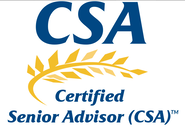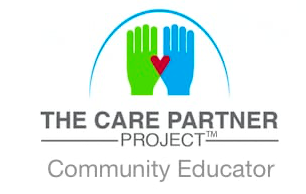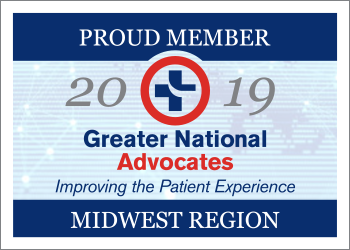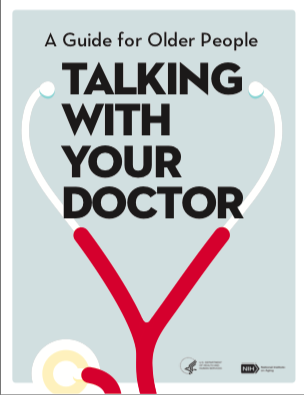 I recently led an engaging and informative talk about “Talking With Your Doctor: Making the Most of Your 15 Minute Appointment.” I’ve always believed that most of the problems people experience with navigating the health care system are a result of poor communication and coordination. It can be difficult to question providers, know what to ask, and be able to process the information. It is especially challenging to do so when you are emotionally overwhelmed by the situation. The most important advice is to Speak Up and Ask Questions! It’s your health, so take charge of it. If you don’t understand what the doctor is telling you, ask them to repeat it. Ask questions about medical tests, medications, your diagnosis, treatment options. Speak up about your symptoms, your needs, your values. Prepare for your appointment as if it’s a business meeting - have an agenda, put your priority items first in case you run out of time, and end the appointment with a clear understanding of what was accomplished and an action plan for next steps. This brochure about Talking With Your Doctor, from the National Institute on Aging is a great resource for people of all ages about how to prepare for and get the most out of appointments with your doctors. It’s filled with advice, tips, and worksheets. I strongly recommend taking time to look at it and using it to prepare for your next appointment. Ask me how I can help with your patient-doctor communication… or to schedule a presentation for your organization.  A couple of weeks ago, I was prescribed a new medication... that had a hefty price tag! My first question was “what’s the cash price?” When that wasn’t any cheaper, I checked with the pharmacy tech about the coupon from the drug manufacturer’s website (apologies to everyone behind me in line at my local pharmacy). I ended up leaving the prescription at the pharmacy and went home to look into more options. What can you do to lower your prescription costs if a medication you need isn’t covered by your health insurance?
So, what did I do about my medication? Well, in my case, the GoodRx price was only a few dollars less, there were no substantive coupons available for this particular medication, and the pharmaceutical assistance program was income-based. My doctor gave me free samples while we work together to request an exception from my health insurer. It’s a long shot but it’s worth a try because if you don’t ask, then the answer is definitely no. Have you ever received a denial from your health insurance company? Don’t take it as final. You can appeal. This article has some good advice (including from me) about how to appeal. I’m happy to help with this as well.
To beat an insurer at its own game, keep fighting. “Insurance companies are counting on attrition,” said Byck. “If you stick with it, your chance of success goes up.”  This may seem a little old-fashioned, but many patient advocates recommend taking the time to create a Health Information Binder. You’re already thinking “but everything is in my electronic health record” or “I keep that information in my phone.” Here are some reasons it’s helpful to have a binder as well:
What should you put in your Health Information Binder?
Find a template here.  It’s the season… for open enrollment. Whether it’s Medicare, the Health Insurance Marketplace, or some employers, fall is when many people can switch health plans for the coming calendar year. Do you have all the information you need to make informed decisions during open enrollment? SCROLL DOWN to see the article about key health insurance terms. Below are links to helpful resources about open enrollment:
Bottom line: Be sure you understand your options, get your questions answered, and know your preferences (cost, access, convenience, willingness to accept risk, etc.) before you make a decision. Contact me if I can be of help. 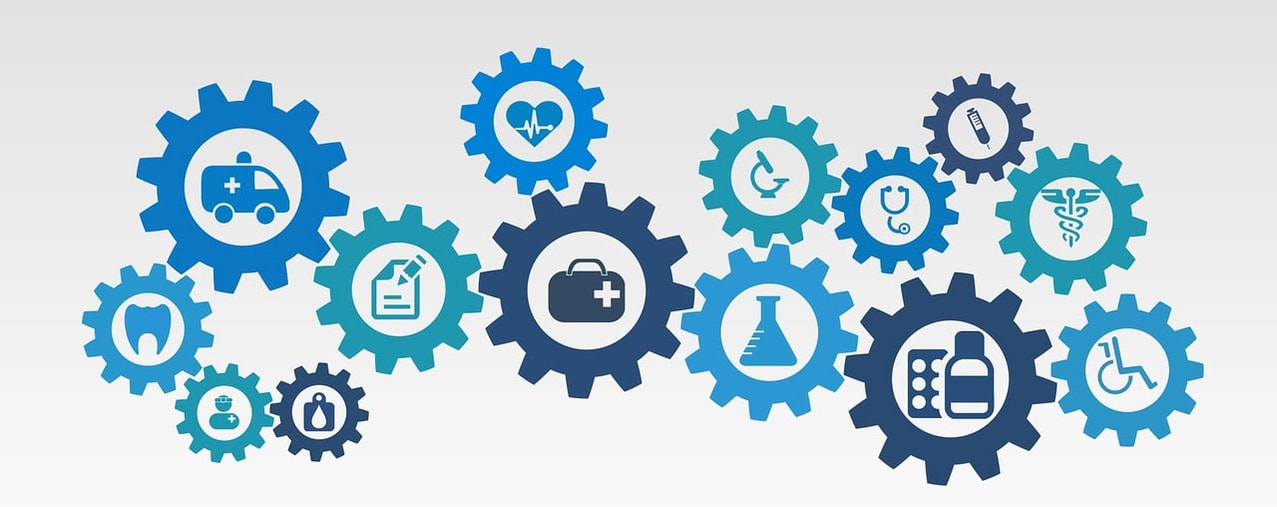 How many of us really understand health insurance? Have you read your health insurance policy? (Sounds fun, right?) I’m highlighting a few key terms below; you can also look at this helpful glossary to better understand your health plan.
And then there are allowed amounts, balance billing, and so much more. Read the policy benefits booklet carefully. Be sure you understand what services are covered, when you need to obtain prior authorization or get a referral before seeing a specialist, and that just because your physician is in-network, it doesn’t mean that the hospital he or she may treat you at is also in-network. Bottom line: the more you know in advance about your health insurance plan, the better prepared you can be to obtain the care you need as well as manage your financial risk.
1. Communication, Communication, Communication. As with just about everything in life, most issues that cause problems in the adult-children-aging-parents relationship can be alleviated by early, direct, and empathetic communication. Have the difficult conversations with your parents before there’s a crisis; these include discussions about aging in place versus moving to a senior housing facility as well as end-of-life planning. You can think of it as payback for when your parents had to explain the-birds-and-the-bees to you… but don’t forget that your aging parents are adults and need to be treated that way. Also, try to put yourself in their shoes and understand why they may be resistant to what you consider to be helpful advice.
2. Fill out Advance Directives (health care power of attorney (HCPOA), living will, financial power of attorney). I recently was on a conference call with the adult children of a woman who was critically ill in a hospital in another part of the country. None of them knew if she had designated a HCPOA or had completed a living will. According to The Conversation Project, “82% of people say it’s important to put their wishes in writing but only 23% have actually done so.” It really is a gift to yourself as well as to those you love to make your wishes known and designate someone to carry them out for you. My website has some links to end-of-life planning information. You can fill out these forms yourself or a professional can help you. Be sure to designate a financial power of attorney as well. 3. Share information. Building off of the communication advice, it’s also a good idea to share important information with whoever is your designated HCPOA as well as with others who are close to you. It’s hard to be truly helpful if you don’t have the information you need. If you are or may be caring for aging parents, try to have the following information about them:
4. Practice self-care. If you are taking on a lot of caregiving duties, be sure to take care of yourself. As the flight attendants explain at the beginning of every flight, “put on your own oxygen mask before helping others.” Take time for yourself so that you can have the patience and energy to be there for your family members who need you. 5. Consider professional help. Clearly, it’s difficult caring for aging parents who don’t live nearby. But even if you live in the same city, juggling work, raising children, and caring for aging parents all at the same time is a challenge. A private patient advocate can help in these situations. A trusted patient advocate can accompany people to doctor appointments - including preparing for and following up after the appointments; help smooth transitions between hospital, rehab facility, and home; find resources to help keep older adults in their home; research treatment options; and be a calm voice of experience in an otherwise stressful situation. Bottom line: planning ahead, talking to each other, and taking care of yourself can make caring for aging parents less stressful and more rewarding for everyone involved. Resources:
|
AuthorWrite something about yourself. No need to be fancy, just an overview. Archives
February 2024
Categories |
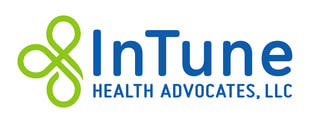
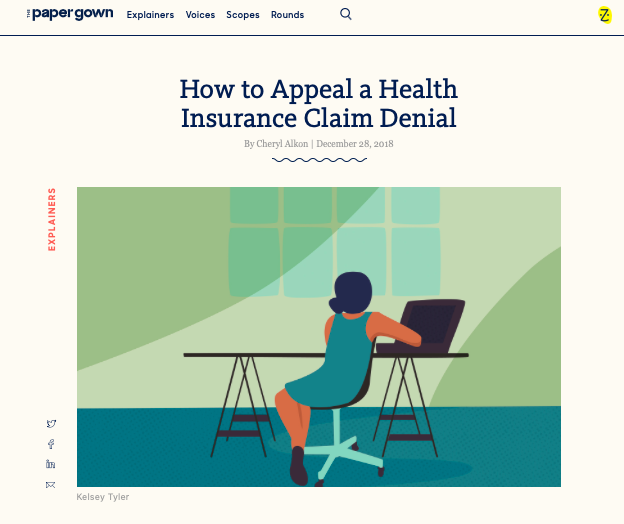

 RSS Feed
RSS Feed

